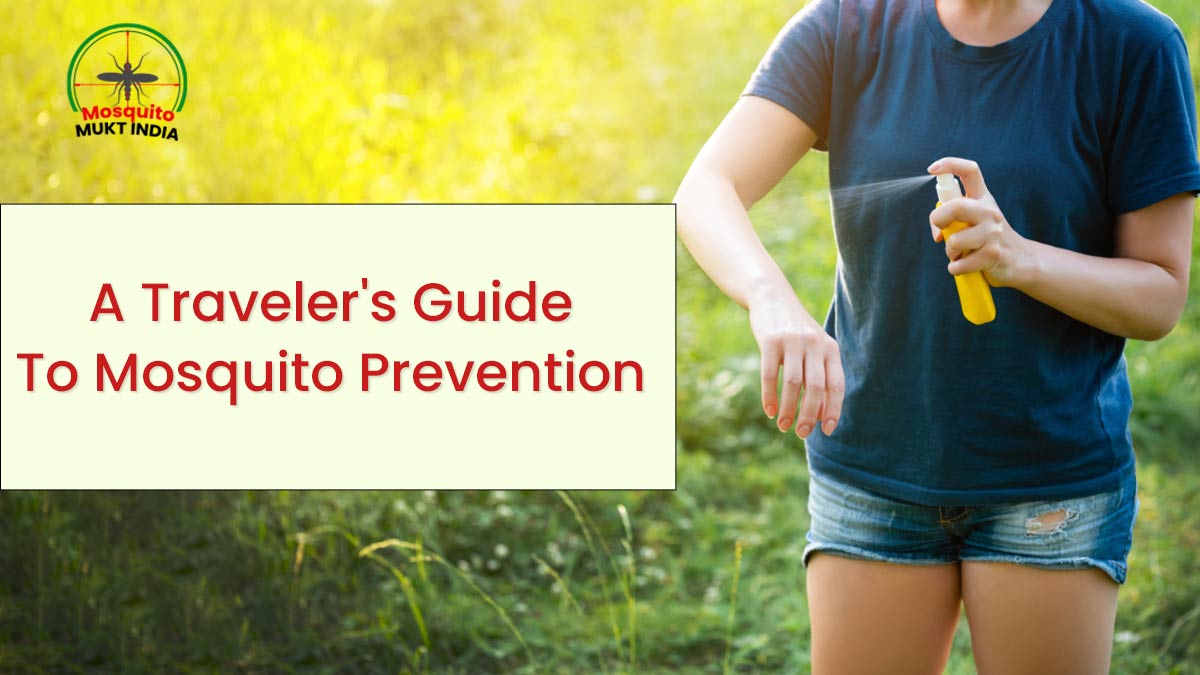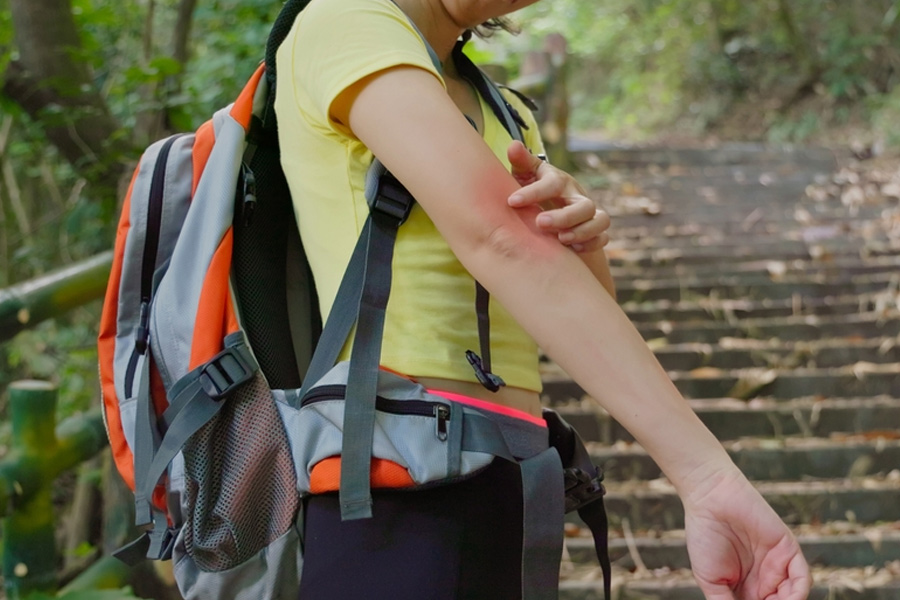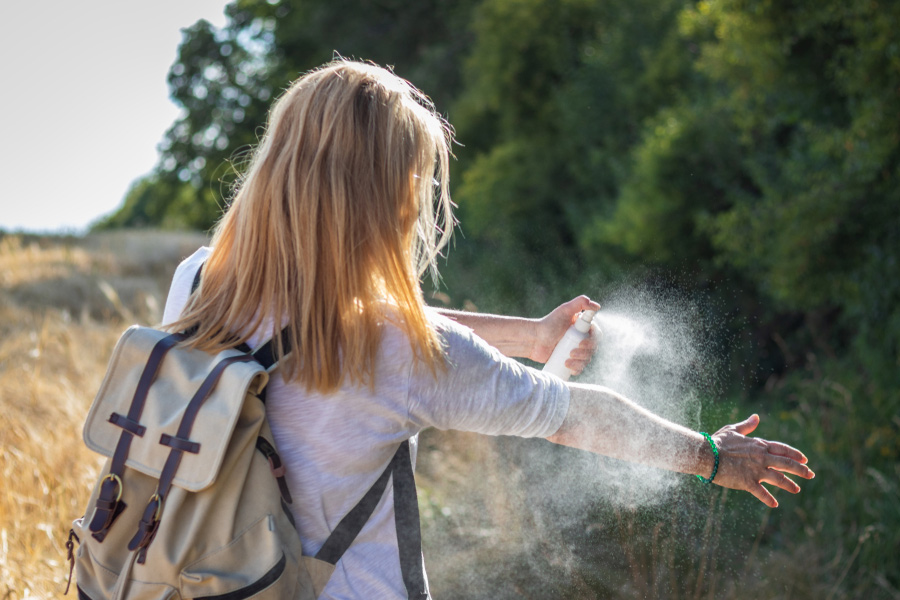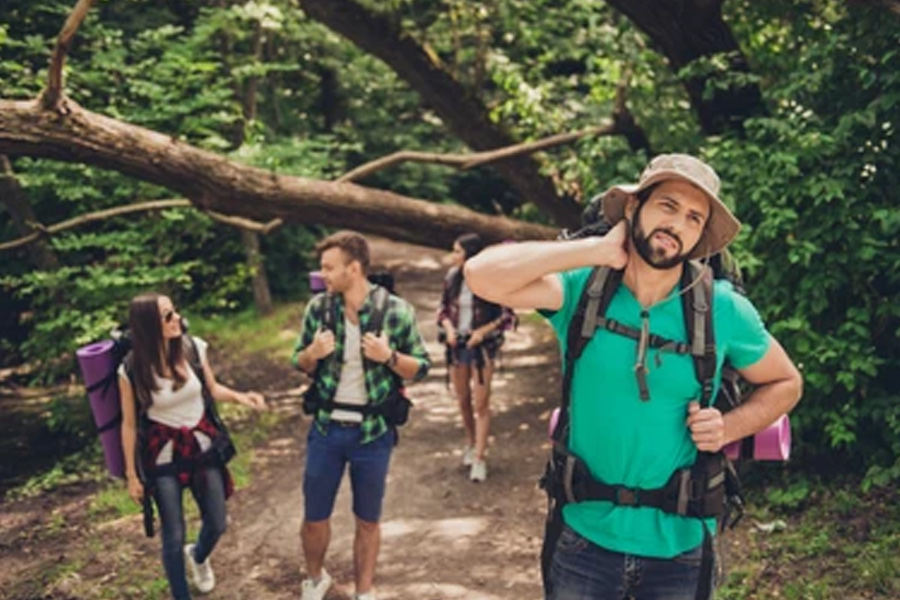
Travelling is great for experience. In fact, it is a perfect form of adventure. However, if you're visiting regions with tropical and subtropical climates, it's essential to be cautious of one common yet often underestimated threat: mosquitoes. While not all mosquitoes are infectious, those that are infected and bite humans can spread serious diseases, such as malaria, dengue, Zika, and chikungunya.
Table of Content:-
Usually, such regions have a warm, humid environment, which makes them ideal breeding grounds for mosquitoes, increasing the risk of developing illnesses caused by them. In this edition of OnlyMyHealth's Mosquito-Mukt India initiative, we present a comprehensive yet simple guide to mosquito prevention for travellers.
Also Read: Prevention Of Mosquito-Borne Diseases: How To Reduce Mosquito Breeding During Monsoon
Key Travel Advice For Travellers Before Departing For Mosquito-Prone Areas

In an interaction with the OnlyMyHealth team, Dr Ajay Shah, Managing Director of Neuberg Ajay Shah Laboratory, lists some of the preventive measures travellers should take before going to a mosquito-prone area. These include:
- Vaccination, if available
- Applying insect repellent
- Wearing long sleeves and pants
- Using bed nets
- Staying in air-conditioned or screened-in accommodations
- Carrying mosquito repellent products
Additionally, it's also advisable to consult with a healthcare provider for personalised advice. You can also discuss with your doctor the kinds of medications you can carry in case you contract a mosquito-borne illness.
Must-Haves For Preventing Mosquito Bites While Travelling

According to the US Centers for Disease Control and Prevention (CDC), the best way to prevent mosquito bites during travel is to use an Environmental Protection Agency (EPA)-registered insect repellent with one of the active ingredients listed below:
- DEET
- Picaridin (known as KBR 3023 and icaridin outside the United States)
- Oil of lemon eucalyptus, a plant-derived ingredient
- Para-menthane-diol (PMD)
- 2-undecanone, another plant-derived ingredient
Additionally, Dr Shah recommends carrying light-coloured, long-sleeved shirts and long pants, loose-fitting clothing made of tightly woven fabrics, and accessories like wide-brimmed hats, socks, and closed-toe shoes. He also advises people to consider using clothing treated with permethrin for added defence against mosquitoes.
Identifying Mosquito Bites
It is important to recognise mosquito bites and differentiate them from other insect bites.
Dr Shah says, “Travellers can recognise mosquito bites by their red, itchy, and swollen appearance.”
As per the CDC, some of the common mosquito bite signs include:
- A swollen and reddish bump appeared a few minutes after the bite.
- Hard, itchy, reddish-brown bumps, or multiple bumps appearing a day or so after the bite or bites
- Small blisters instead of hard bumps
- Dark spots that look like bruises
To treat such bites, Dr Shah recommends cleaning the area with soap and water, applying an ice pack to reduce swelling, and using anti-itch creams or antihistamines. He also warns against scratching the area to prevent infections.
Also Read: Combating Dengue And Malaria: 5 Plants That Can Naturally Repel Mosquitoes
Signs Of Mosquito-Borne Illnesses And Steps To Take Immediately

Common symptoms of a mosquito-borne illness include fever, headache, muscle pain, fatigue, rash, and joint pain.
If you notice any of these signs, inform your healthcare provider about recent travel to mosquito-prone areas.
“Rest, stay hydrated, and follow medical advice for treatment and recovery,” says Dr Shah.
Even if you are not sick, it's crucial to prevent mosquito bites for three weeks after your travels. This is because during this period, if you unknowingly carry a virus and a mosquito bites you, that mosquito can then transmit the virus to others, potentially spreading infections like dengue, chikungunya, and Zika.
A Word Of Advice For Travellers
Dr Shah says, “Travellers can stay informed about local health advisories by signing up for travel alerts, consulting travel clinics, and following local health department updates.”
He adds, “Downloading health apps and staying connected with local news sources can provide timely information on health risks and advisories.”
Also watch this video
Read Next
World Mosquito Day 2024: How Global Health Initiatives Are Fighting Mosquito-Borne Diseases
How we keep this article up to date:
We work with experts and keep a close eye on the latest in health and wellness. Whenever there is a new research or helpful information, we update our articles with accurate and useful advice.
Current Version